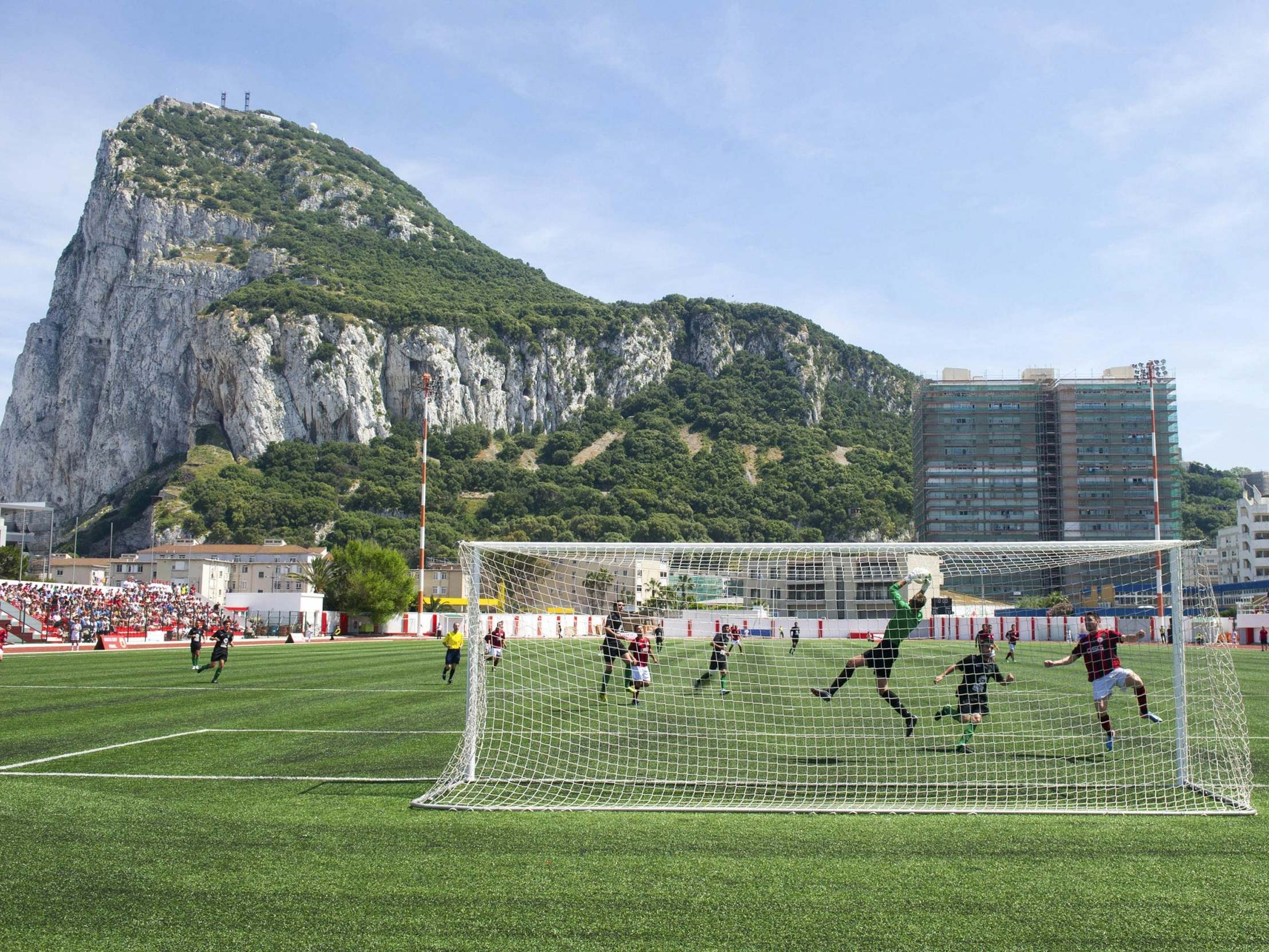Mea Culpa: farewell to (almost all of) continental Europe
Questions of style and usage in last week’s Independent, by John Rentoul


In a series of articles saying goodbye to the European Union, we included “The top 10 European away trips”, listing our favourite continental sporting venues. Unfortunately, the first one was the Victoria Stadium in Gibraltar. As Mick O’Hare pointed out, Gibraltar is a British Overseas Territory and is therefore no longer in the EU.
The article intended to “celebrate what we have left behind”, but, despite its 96 per cent vote to remain in the EU, we have taken Gibraltar with us.
Continuing crime: A recent comment article began: “The ongoing coronavirus outbreak in China is a reminder…” An “ongoing” not just in the first sentence, but as the second precious word with which we try to draw the reader in!
The last thing the reader needs to be told is that the outbreak is still going on. It is all over the news, and the reason we are publishing an opinion about it.
“Ongoing” is an ugly word anyway – if we need to refer to the ongoingness of a phenomenon, “still going on” is a perfectly straightforward form of words, or we can use “continuing” if we absolutely have to.
Above the source: The coronavirus seems to have triggered several secondary infections of English usage. Richard Hanson-James drew my attention to an outbreak of “epicentre” that seems to have spread from the BBC. Five times last week Independent writers referred to Wuhan as the “epicentre” of the virus.
Wuhan, the capital of Hubei province, is the centre of the outbreak. As Hanson-James says, “epi– doesn’t add drama, severity or scale”. It means “above”, from the Greek, epi. The epicentre of an earthquake is the place on the surface directly above the centre or focus of the quake.
Naturally, the word is so commonly used to mean “the central point of a difficult or unpleasant situation” that the Oxford dictionary gives this as a second meaning, but I think we should avoid it.
Poor construction: In a review of a book of photography, we said: “Hundreds of pictures trace the developments in Vienna’s built environment.” The jargon-phrase “built environment” jars with me. It means “buildings”, which could have been substituted here, to advantage.
Join our commenting forum
Join thought-provoking conversations, follow other Independent readers and see their replies
Comments